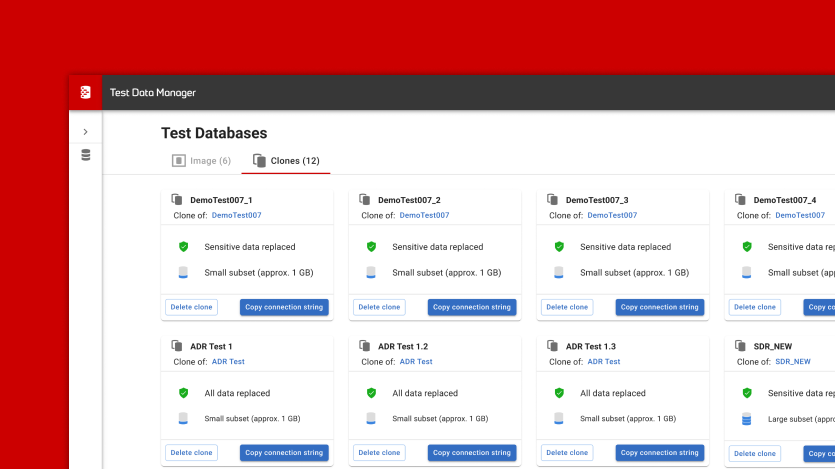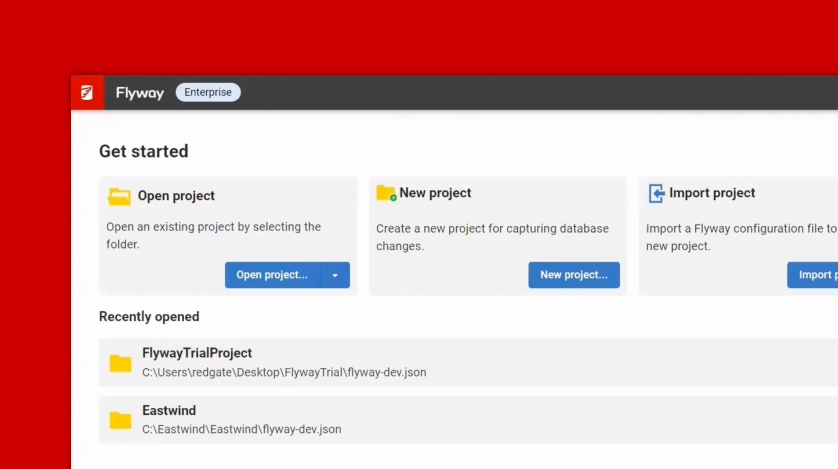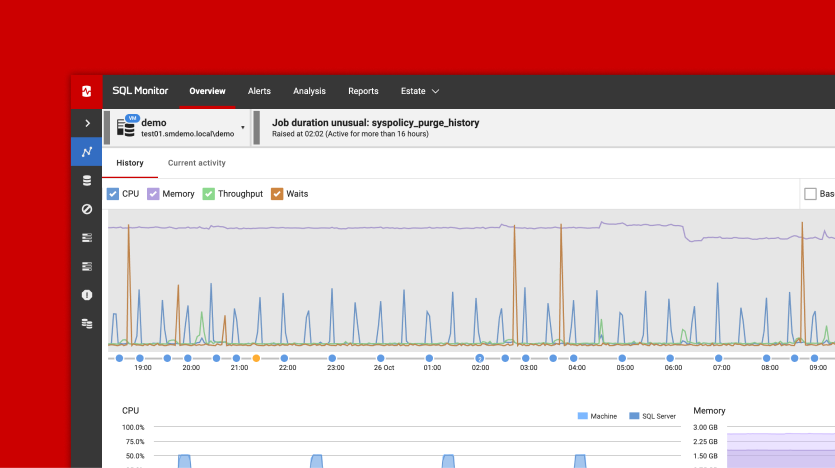5 reasons why SQL Server teams should take ownership of cataloging their data
In an age where data is the lifeblood of organizations and where data privacy laws have never been tougher, organizations are turning to data catalogs to help them discover, classify, and manage their data. Data catalogs are fast becoming essential tools, helping IT teams simplify data protection initiatives and report on sensitive data use and misuse.
Organizations face multiple threats to the safety and security of their data, from both internal and external sources. Some of the largest breaches in recent history have been due to employee negligence or malicious behavior, rather than the actions of a nefarious hacker group. And with high-profile data breaches headlining news desks around the world, information security is top of the agenda in the boardroom.
Good data privacy policy starts and ends with a clear picture of your data estate – how much personal data is there, where is it stored, what regulations apply, are there adequate measures in place to protect it? Without a clear map, it’s impossible to assess whether the approaches and systems in place are good enough to safeguard your business.
New data privacy laws – from Europe’s GDPR and US state legislation such as the California Consumer Privacy Act (CCPA), to Australia’s consumer data right (CDR) – are forcing IT teams to get a handle on where personal data is stored and how it’s processed.
But many SQL Server teams struggle to maintain an accurate inventory of their data. Spreadsheets become out of date, and when the time comes to identify where particular information lives, it often falls to the person who knows most about their databases. This is where a data catalog comes in.
Data catalog solutions typically fall into two categories:
- Far-reaching systems that attempt to organize many disparate data assets across the enterprise
- Specialist providers that are better placed to handle the nuances of individual database platforms
This paper describes five reasons why SQL Server teams need to take ownership of discovering, cataloging, and managing sensitive data, and the benefits that empowering them to do so brings to your organization.
Please complete the form below to view the Whitepaper.


 FREE PDF
FREE PDF






